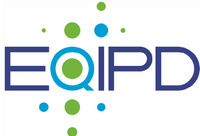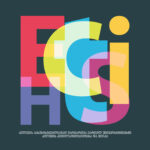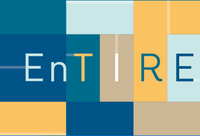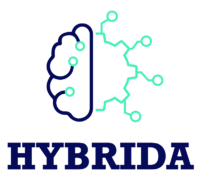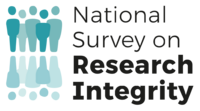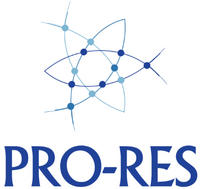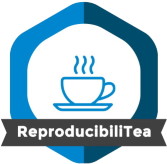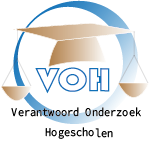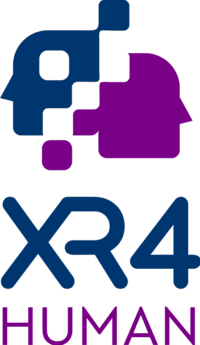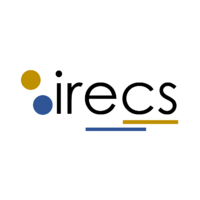Browse data: Initiative
From The Embassy of Good Science
- Choose a category:
- Guide (8)
- Initiative (23)
- Instruction (69)
- Interactive Content (5)
- Report (16)
- Resource (1054)
- Theme (215)

Initiative
Projects that support research ethics and integrity.
Beyond Bad Apples: Towards a Behavioural and Evidence-Based Approach to Promote Research Ethics and Research Integrity in Europe
The EQIPD consortium developed a Quality System for preclinical research to boost innovation.
An ethics governance system for the use of responsible research and innovation (RRI) in higher education, funding and research centres
EnTIRE: developing The Embassy platform for the Research integrity and ethics communities
Embedding a comprehensive ethical dimension to organoid-based research and related technologies
INTEGRITY: Empowering students for Responsible Research Conduct (RCR) through evidence-based, scaffolded learning.
NERQ is a new initiative that results from two EU projects, namely Path2Integrity and Integrity. NERQ stands for network for education in research quality, and takes a broad perspective on research quality, namely that high standards in research integrity, research ethics, open science and responsible research & innovation meet in training and courses for students and researchers throughout various stages of their career.
The NSRI is the first ever nation-wide online survey targeting researchers of all universities and university medical centres in The Netherlands aiming to report on factors that promote or hinder Responsible Research Practices (RRPs).
The “Pro‐active Pandemic Crisis Ethics and Integrity Framework ” (PREPARED), aims to develop an operational research ethics and integrity framework which safeguards key ethical values, supports a rapid and effective research response to crises.
Researchers, policymakers, and regulators face numerous challenges when it comes to conducting responsible research and innovation across various fields. These challenges encompass ethical practices, regulatory inconsistencies and data protection legislation complexities. With this in mind, the EU-funded PRO-RES project aims to provide a comprehensive, flexible and durable guidance framework. Designed to cover a wide range of non-medical sciences, this framework will offer practical solutions complying with the highest research ethics and integrity standards. By incorporating successful examples and best practices, PRO-RES will establish strong links with existing projects, contributing to post-2020 European strategic funding policy and promoting responsible research engagements. Ultimately, this initiative will empower policymakers to make more effective use of non-medical scientific research information.
With the European research landscape rapidly changing, nowadays, it is becoming increasingly essential to emphasise the virtue of research integrity and to start handling new scientific techniques in a comprehensible way.
Research integrity is a constituent of more innovation, growth and high-quality jobs. It leads to more efficient, appropriate, useful and reliable scientific evidence for policy-makers and entrepreneurs, where decisions based on research results lead to a better future.
ROSiE is a three-year project funded by HORIZON2020. Its mission is to co-create with all related stakeholders novel practical tools to foster a responsible open science and citizen science.
Open Science and Reproducibility journal, discussion and workshop club in Groningen, open to all who want to know and learn more about open science practices!
SOPs4RI (Standard Operating Procedures for Research Integrity) aims to stimulate and foster responsible research practices across European Research Performing and Funding Organisations (RPOs and RFOs) with a toolbox that includes a collection of easy-to-use Standard Operating Procedures and Guidelines that these organisations can use to develop their own Research Integrity Promotion Plans.
TechEthos (Ethics for Technologies with High Socio-Economic Impact) is a three-year EU-funded project that project that deals with the ethics of the new and emerging technologies anticipated to have high socio-economic impact. TechEthos aims to facilitate “ethics by design”, namely, to bring ethical and societal values into the design and development of new and emerging technologies from the very beginning of the process.
The School of Medicine in Split was established as an independent faculty on 26th March 1997. It is one of the components of the University of Split.
VIRT2UE: A European Train-the-Trainer Programme for Teaching Research Integrity
This training focuses on teaching Research Integrity in applied sciences universities of The Netherlands with a simple underlying philosophy: if you want researchers to behave with integrity, you will have to teach them what to look for and how to do things.
Ethics in research is an essential ingredient for good science. Maintaining high ethical standards is essential to winning public trust in scientific work. However, there are many challenges such as new technologies, increasing international collaboration in academic research and the absence of standardisation across Europe. The EU-funded irecs project will reinforce the reliability of science by advancing research ethics expertise and competencies. It will improve the understanding of research ethics in Europe and provide interactive, sustainable training programmes. Building on the European Network for Research Ethics and Research Integrity and the Embassy of Good Science as well as close collaboration with key stakeholder organizations, irecs will create a horizontal community unifying research ethics practitioners, policymakers and other stakeholders.
PRO-Ethics: Participatory Real Life Experiments in Research and Innovation Funding Organisations on Ethics


